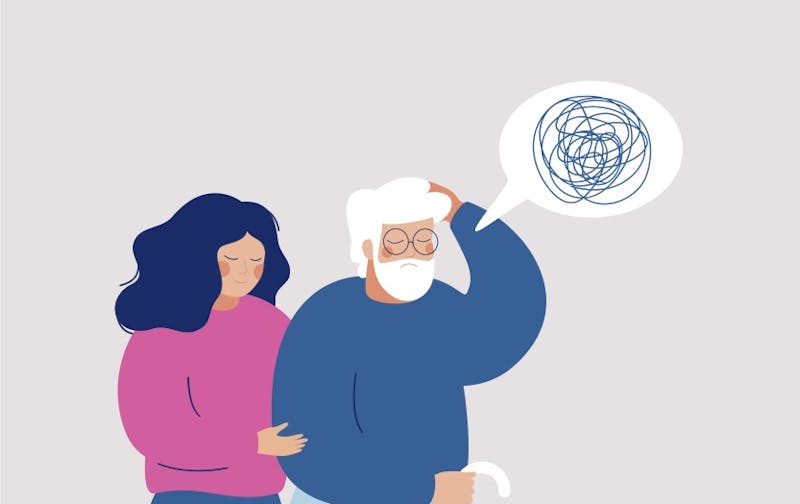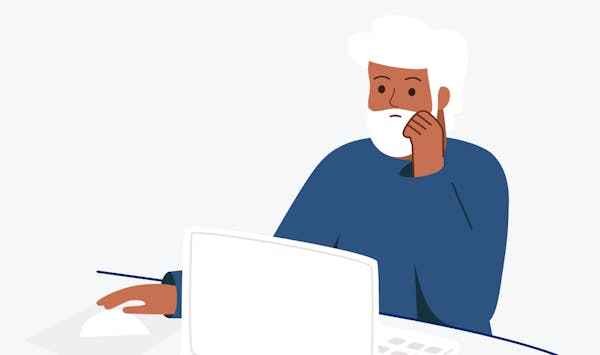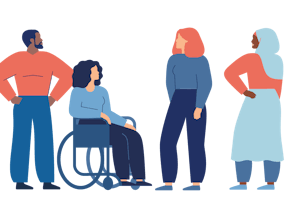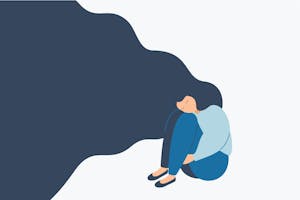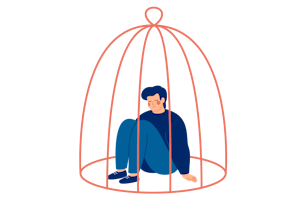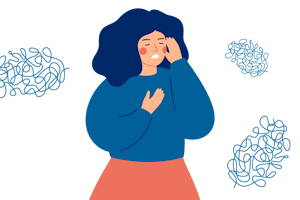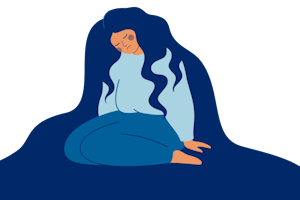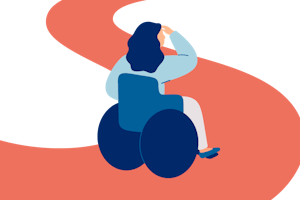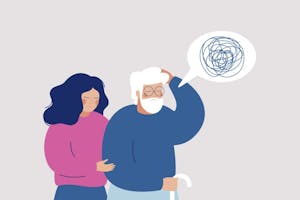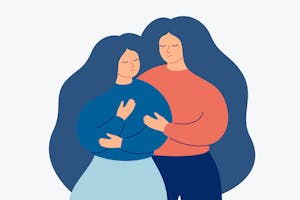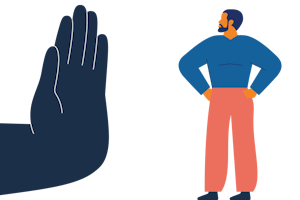More likely to be subjected to violence.
Research shows that older people are more likely to experience violence than younger people.
One of the reasons is because older individuals often experience a great deal of social isolation. The isolation can be used against them, especially if the abuser is a caregiver or a family member. They might fear or are threatened that if they expose the abusers, they will be even more isolated.
